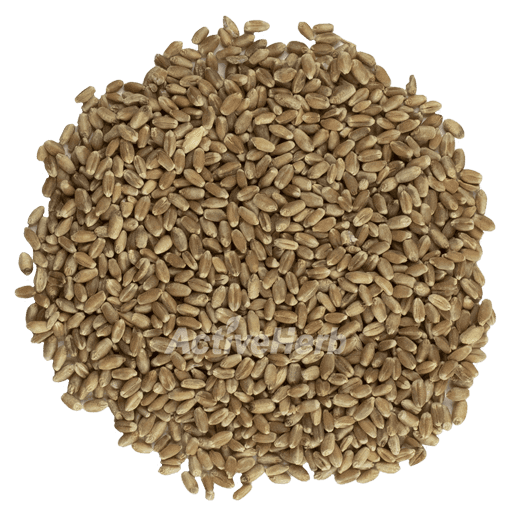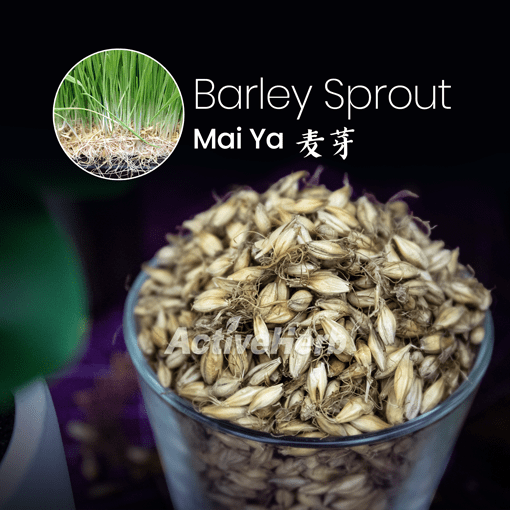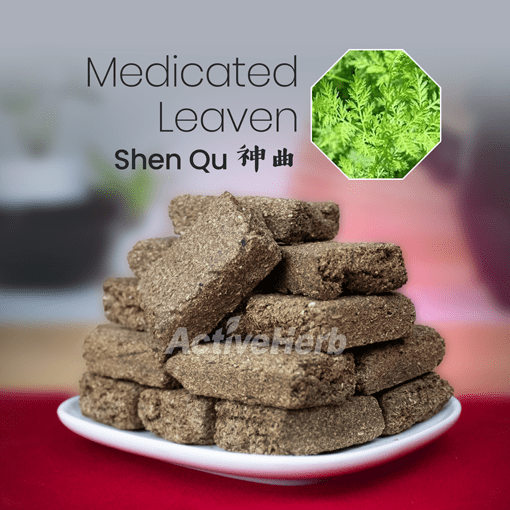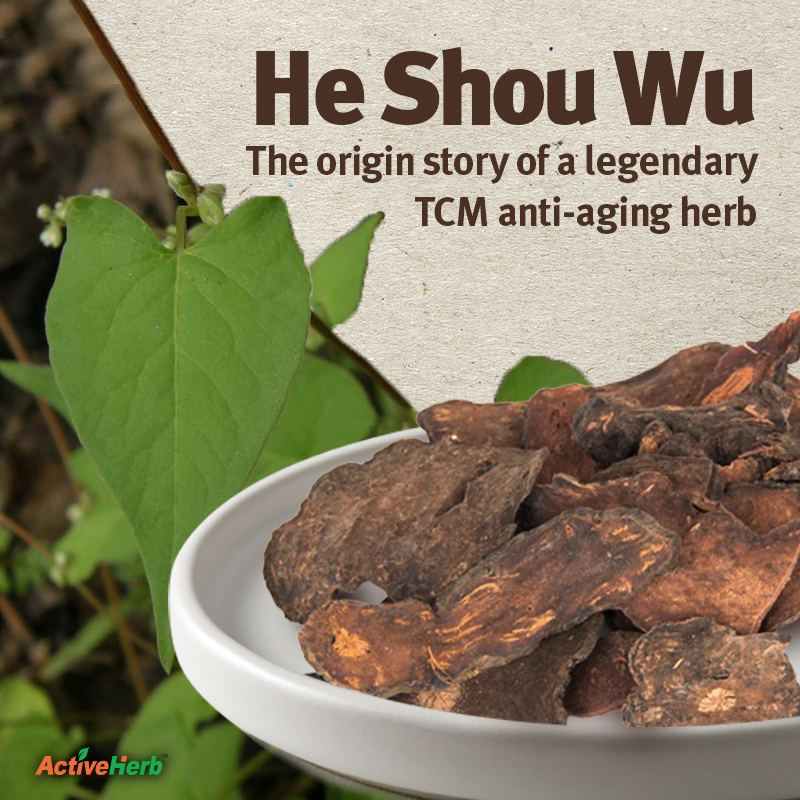Is TCM Gluten Free? Addressing Gluten Intolerance in Chinese Herbs
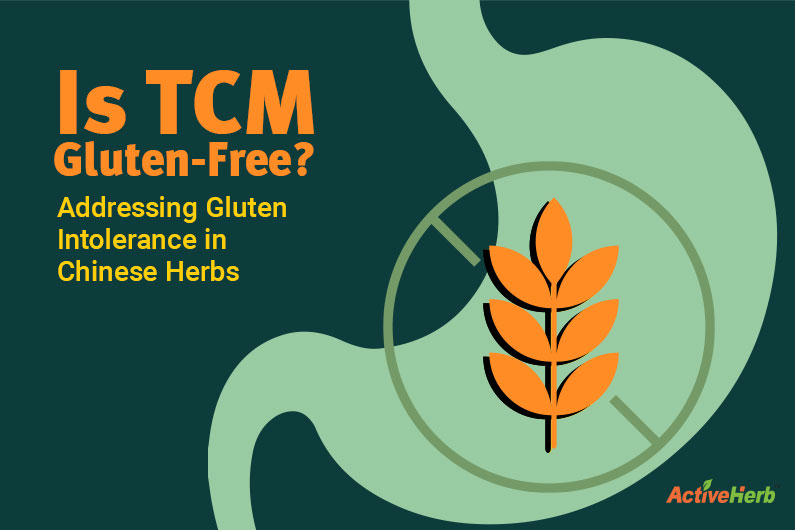
The gluten-free industry is currently valued at over $6 billion, driven by increasing health concerns. Many people avoid gluten due to Celiac disease, gluten sensitivity, or personal dietary preferences.
Is gluten inherently bad? The problem with gluten — the main protein in grain products — is that your great-grandmother’s grain isn’t the same as most modern-day grain products. Stroll through the bread, baked goods and cereal aisle, and you’re confronted with dozens of highly processed grain products just waiting to expand your waistline.
These common supermarket products have larger gluten molecules than those of ancient grains. The larger molecules are thought to contribute to Celiac disease or sensitivity. Many people go gluten-free to avoid hyper-immune responses, inflammation and digestive problems. In light of this, is Traditional Chinese Medicine (TCM) safe for those avoiding gluten?
What is Gluten?
Gluten is two types of protein — gliadin and glutenin — found in wheat and related grains like barley and rye. Gliadin is typically more prominent in gluten. It’s the protein most associated with triggering the immune response in individuals with Celiac disease and gluten sensitivity. If this is the case, why can’t food manufacturers eliminate gliadin?
Perhaps one day, science will be able to genetically modify gluten even more than it already has been so that it will be selectively bred so as not to trigger an immune reaction.
(Modern, highly-processed wheat contains an astonishing 95,000 genes, roughly five times more than the human genome and more than three times ancient, heirloom wheat varieties.)
Food manufacturers need globs of gliadin because it makes dough stretchy; glutenin, the less prominent protein in gluten, provides structure and strength.
Is It Safe To Take TCM If You’re Concerned About Gluten?
The overwhelming majority of Chinese herbal formulas and single herbal extracts that can be quickly made into instant herbal tea are free of gluten. It’s safe to say that over 99% of Chinese herbal products are naturally gluten-free. However, just like most things in life, there’s an exception to every rule. There are a few individual herbs and formulas that contain gluten.
Which TCM herbs contain gluten?
If you want to avoid wheat at all costs, either because you’re concerned about your wheat belly or because of Celiac, you will want to avoid the TCM herb, Fu Xiao Mai. Translation: Immature wheat grain, aka “Blighted Wheat.” The clinical application of Fu Xiao Mai is to stop sweating and reduce heat due to Yin deficiency.
Wheat in TCM
According to the Institute of Traditional Medicine director, Subhuti Dharmananda, Ph.D, Fu Xiao Mai is relatively low in gluten compared to that used for making bread. However, for those with Celiac Disease and high sensitivity, it is still high enough to be of concern. Immature wheat grain, says Dharmananda, is also used as a sedative to nourish the fluids and counteract “internal dryness.” In selecting which wheat grains are used in Fu Xiao Mai, the lightest grains are selected by putting them in water and collecting the ones that float.
The formula, Gan Mai Dao Zao Tang, is perhaps the most popular TCM formula that contains wheat. (It also contains licorice root/gan cao and jujube fruit/da zao). According to Dharmananda, this formula, which dates back nearly 2000 years, may help reduce symptoms associated with menopause. This is because the significant hormonal shift is related to internal dryness caused by the depletion of the Kidney Yin essence (a part of the aging process).
Barley in TCM
Another rare TCM herb that contains gluten is sprouted barley or, as it’s known in TCM, Mai Ya (extract and raw bulk herb). Whoever said that beer isn’t good for the gut doesn’t know that Mai Ya is the malt in beer. From a TCM application perspective, Mai Ya helps promote Qi movement in the middle burner (digestive system). This helps aid the digestive process. It’s also an appetite stimulant, which anybody who has ever felt famished after drinking a few beers can relate to. In addition, Mai Ya is also for reducing lactation and swelling.
Fermented Wheat
Western nutritionists recommend consuming fermented foods such as kimchi (Korean spicy cabbage), kefir (a tangy probiotic-rich dairy drink made with fermented milk and kefir grains), and yogurt. What about fermented wheat and barley? Is that healthy from a TCM perspective? The English translation of the herb, Shen Qu suggests so: Medicated leaven.
Shen Qu, fermented wheat or barley (also available in bulk raw herb) aids digestion by strengthening the Spleen. It also harmonizes the stomach and reduces food stagnation. According to Dharmanada, Shen Qu is one of the best herbs in the Chinese Materia Medica for digestion.
TCM and Gluten: Conclusion
For those who are gluten-free, wish to go gluten-free, or have mild gluten sensitivity, the TCM herbs above may relieve digestive symptoms without activating the celiac response. This is because, with extremely rare exceptions (like the formula Da Shanzha Wan, which is not available at Activeherb.com), the amount of gluten present is very small.
However, these herbs and formulas should be avoided for those with strong sensitivity to gluten or Celiac disease. That being said, gluten in TCM is somewhat of a nutritional paradox for most people. It’s something that many people in the West avoid. Ultimately, however, it’s prized for aiding digestion in the Orient.



